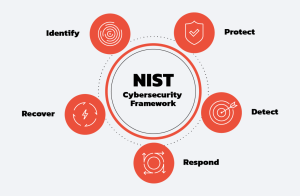On April 9, the New York Times reported that the SendGrid account of Bitcoin wallet service Coinbase was hijacked and used to send out phishing emails.
The company has confirmed more users than it first thought are affected by a security breach last month.
SendGrid revealed that an employee’s account had been compromised and used to access several internal systems on three occasions in February and March.
According to the company, the systems contained usernames and email addresses of both SendGrid employees and customers and the passwords were salted and hashed (a method of scrambling the data to prevent it from being readable to humans).
The attackers were also enabled to accessed servers containing customer contact information and email address lists. Payment data is not at risk because the company does not store or process customer payment card data.
Even though the company said there was no forensic evidence to show that email lists and contact information has been stolen, but the company has reset passwords and asked around 600 customers to generate new digital signatures, known as DKIMs.
“Upon discovery, we took immediate actions to block all unauthorized access and deployed additional processes and controls to better protect our customers, our employees, and our platform. We have been working in collaboration with law enforcement and FireEye’s (Mandiant) Incident Response Team to thoroughly investigate this incident and are taking a number of additional actions to increase our system security,” David Campbell, SendGrid CSO, said in a blog post on Monday.
The hack was first reported earlier this month when the company said a “Bitcoin-related client” was the target of a hack. The New York Times revealed it was used by Coinbase, a virtual currency exchange. The Coinbase account was used to send out phishing emails in bulk, which is said to have entrapped a SendGrid employee’s account.
























